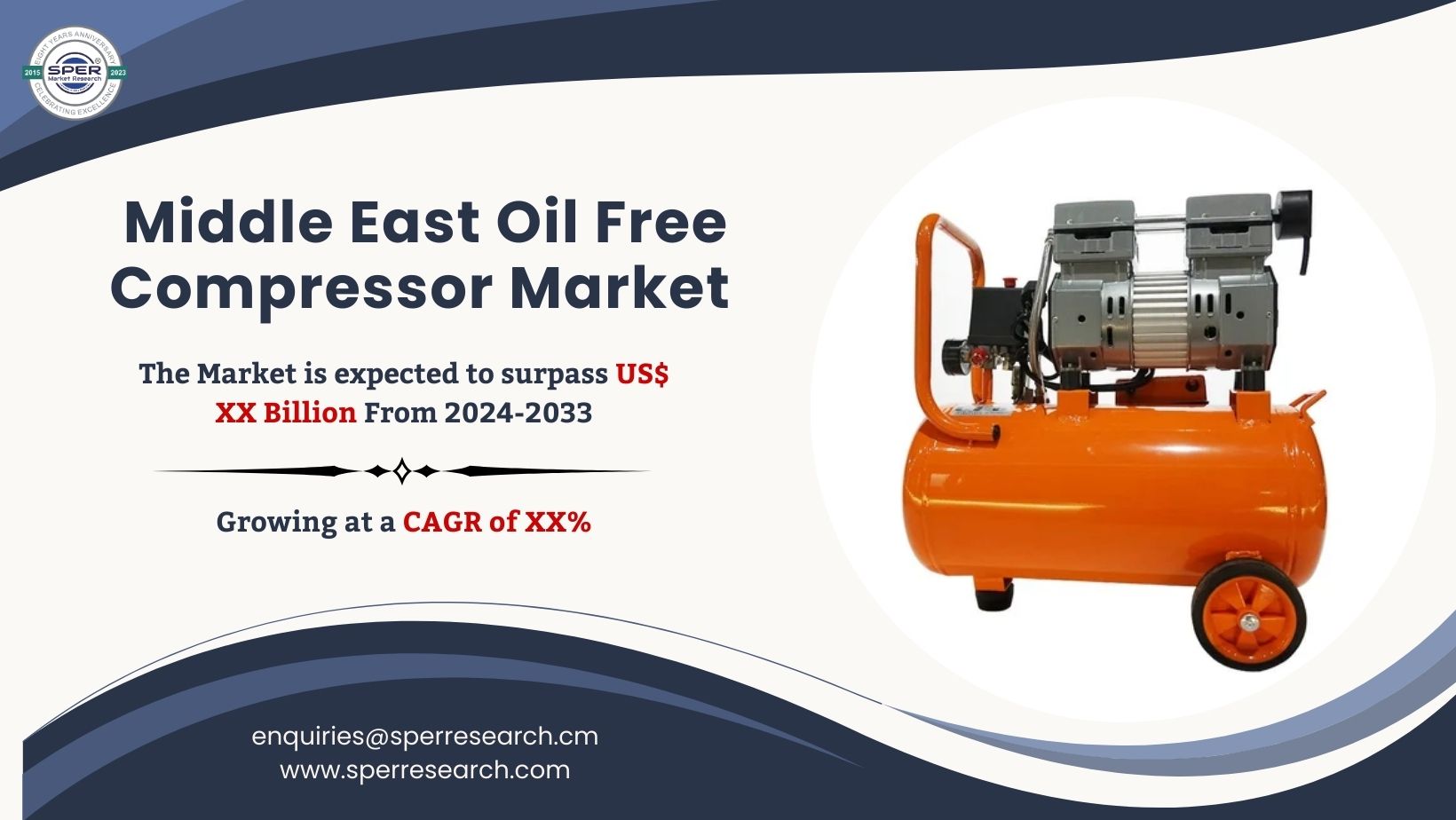Whether you are running a small auto repair shop or a large industry where the use of heavy machinery, engines, and equipment is a norm, waste oil collection is crucial to ensure the smooth and swift running of industrial machinery to avoid health risks and other damages.
Waste oil, usually produced from industrial processes, automotive services, and manufacturing, contains toxic chemicals, heavy metals, and other pollutants that can harm ecosystems and contaminate water supplies. You can explore the importance of waste oil collection and best practices to perform this job here;
Waste Oil Collection Importance
Environmental Protection
Environmental protection is one of the most critical reasons for waste oil collection. Improperly disposed waste oil can seep into the soil, contaminate water sources, and harm wildlife. Just one gallon of oil can pollute a million gallons of water, causing severe environmental damage. Waste oil collection systems ensure that oil is safely handled and treated, preventing contamination of the ecosystem.
Human Health Protection
Waste oil either from automotive services or industrial processes, often contains heavy metals, toxic chemicals, and other pollutants that are harmful to human health if inhaled, ingested, or absorbed through the skin. The burning of waste oil or improper disposal can release hazardous fumes and chemicals into the air, affecting communities nearby. Proper waste oil collection minimizes human exposure to these dangerous substances.
Legal Compliance
Governments and environmental agencies have strict regulations regarding the handling, storage, and disposal of waste oil. Following these regulations or requirements is paramount to avoid fines, penalties, or legal action. Waste oil collection ensures compliance with local and international environmental laws, helping companies avoid legal issues.
Resource Conservation
Waste oil can often be recycled and reprocessed into new lubricants, fuel oils, or other products. This reduces the need for virgin oil extraction, conserving valuable natural resources. Waste oil collection services can turn what would otherwise be a pollutant into a valuable commodity, supporting the circular economy.
Improve Energy Efficiency
Regular and proper waste oil collection can also help you enhance energy efficiency and reduce utility bill costs. The reason is that waste oil can be recycled which requires quite less energy as compared to producing new oil from crude sources. It results in contributing to energy conservation efforts, making your industries more energy-efficient while reducing the carbon footprint.
Best Practices for Waste Oil Collection
Waste oil collection is a complicated process that can pose safety risks if not handled properly. Therefore, following best practices is essential to ensure safe, efficient, and environmentally friendly disposal.
Here are key practices to adopt;
Proper Storage
Waste oil is highly toxic and can pose serious health risks if not stored and handled properly. Therefore, make sure to store it in well-sealed, leak-proof containers that are resistant to corrosion. You can also label containers clearly to avoid mixing with other hazardous materials and keep them in areas away from drains, water sources, or direct sunlight to prevent contamination and deterioration.
Regular Collection and Transportation
Establishing a schedule for regular waste oil collection is also important to ensure timely and smooth collection and efficient disposal. It is a bit difficult but working with certified waste oil collection services can reduce this burden and ensure that the oil is transported safely to recycling or disposal facilities. Moreover, professional collectors always follow legal requirements for handling hazardous materials which results in reducing the risk of spillage or accidents during transport.
On-Site Separation
Another important aspect of the waste oil collection process is separating it from other types of hazardous waste. Mixing waste oil with chemicals, water, or other pollutants can complicate the recycling process or make the oil unsuitable for recycling. Therefore, make sure to use separate containers for different types of waste and ensure that the oil remains in a condition that can be reprocessed.
Employee Training and Support
Another crucial but overlooked aspect is providing employees with basic training and ongoing sport. Employees need to understand the dangers of waste oil and how to respond to spills or leaks. Training programs can help prevent accidents and ensure that everyone follows the correct protocols.
Record Keeping and Reporting
Businesses should maintain detailed records of their waste oil generation, storage, and disposal activities. Keeping a log of how much waste oil is collected, who handles the disposal, and the methods used will help ensure compliance with regulations. It also provides a clear record for audits or inspections.
A Final Word
Waste oil collection is paramount not only to protect your health and environment but also to conserve resources and stay compliant with industry requirements and legal regulations. By understanding the importance and adopting best practices you can significantly reduce the risks of pollution and human health hazards while contributing to sustainability goals.
Hiring reliable professionals who provide both emergency fuel delivery and waste oil collection services at fair rates can streamline this task and reduce your workload.








